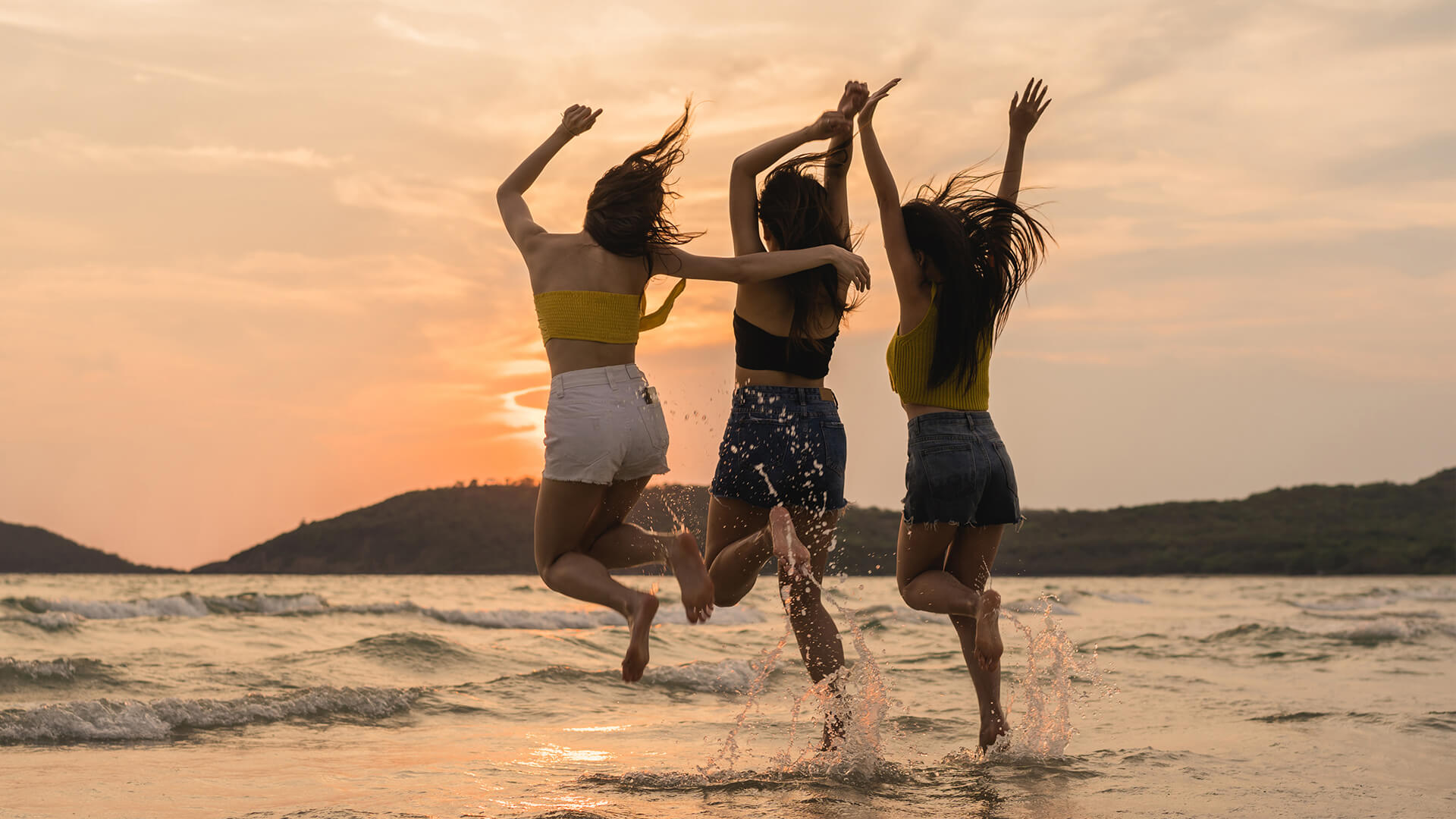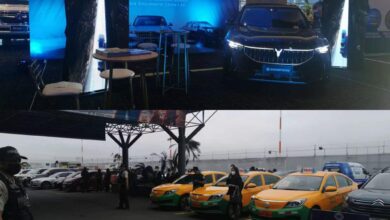Traveling to Dubai? 6 Local Laws and Customs To Know

Dubai’s incredible transformation from a humble fishing village to a futuristic metropolis makes it one of the most unique cities to visit in the world. The city and its out-of-this-world attractions make it a traveler’s dream.
So much so that more than 20 million visitors are expected to visit in 2020.
Like any other destination, it’s important to know the local laws and regulations. For example, while the United Arab Emirates is an Islamic country governed by Sharia law, tourists in city-states like Dubai can legally drink. You just need to obtain a purchase permission.
Familiarizing yourself with these local customs will ensure your stay in Dubai (and the rest of the UAE) is fun and stress-free.
Whether you’re traveling to the City of Gold for the first or tenth time, here are the local laws and customs you need to take note of:
1. Drinking alcoholic beverages
While Dubai holds a certain tolerance when it comes to the consumption of alcoholic beverages, there are still rules everyone, whether a resident or tourist, must adhere to.
As mentioned, only licensed alcohol retail stores can sell alcohol and visitors must present their passport to obtain a purchase permission (valid for 30 days).
And like in several other Arab countries, people are strongly discouraged from getting intoxicated and engaging in any type of disorderly behavior. Also, even if you have a license to drive in the emirate, avoid doing so if you’ve had alcohol, no matter how minimal. To legally drive, you must have a blood alcohol limit of zero. So, if you’re looking to experience Dubai nightlife, it would be advisable to commute by taxi to and from your destination.
2. Dress code
As an Islamic state, travelers are required to dress modestly. So, to be on the safe side, consider dressing conservatively at all times, particularly in cultural areas and places of religious worship. This means remaining covered from the shoulders to the knees.
Swimwear is permissible in areas where water-based activities or entertainment occurs like the beach or a spa.
3. Public behavior
Certain public displays of affection are discouraged not only in Dubai but also in the rest of the UAE. These include holding hands and kissing in public, particularly for unmarried couples.
Other forms of inappropriate public behavior include dancing in public, taking or sharing pictures of road accidents, taking pictures of government and military buildings, taking photographs of other people without their permission (even if they just happen to be included in the frame), and making certain non-traffic-related hand gestures when driving.
4. Social media
While travel has always been a social experience, social media has inspired a new form of travel. Today, most travelers stay connected with family and friends back home through social media platforms like Facebook and Instagram.
But when it comes to social media in Dubai, travelers should know what the rules are.
The UAE has laws that forbid individuals from taking a picture of someone without their knowledge. Posting their image on your social media posts without their consent is also considered a serious offense.
So if you’ll be posting pictures taken in the UAE which include strangers, make sure to pixelate their images.
5. Transport
Taxis are relatively affordable and plentiful because fuel prices in the country are subsidized.
Public transport is also readily available. The Dubai Metro is one of the world’s leading transport links. It is a state-of-the-art, fully automated rail system. It connects to Dubai airport making it easy for travelers to get to their hotel.
The city’s network of buses is also quite extensive, making it an affordable option for getting around.
As always, make sure you observe proper decorum whether taking the public bus or the metro. Note that there are separate sections for men and women, as well as married couples. Eating and drinking are not allowed while in transit.
6. Ramadan
The Muslim holy month of Ramadan is an important time for the city of Dubai and the UAE as a whole. While Muslims fast from dawn to dusk during this time, non-Muslim travelers are still permitted to dine in restaurants with curtained areas.
Any form of eating or drinking, including smoking or chewing gum, in public during Ramadan is not allowed.
While travelers should always aim to be respectful at any time during their travels to Dubai, extra consideration should be made during Ramadan. Travelers should refrain from loud noises during the day. This means loud music, such as music coming from car speakers, is prohibited.
Notable sights and attractions
Now that we have a clear view of the local laws and customs to be aware of, let’s explore the many attractions, cultural sites, and landscapes to see during your stay.
One of the biggest attractions in Dubai is the Burj Khalifa. This towering rocket tops out at 828m, making it the tallest human-made structure in the world. Travelers who visit its observation deck 124 floors up get to see sensational views not available elsewhere.
Those looking to get away from Dubai’s steely attractions will find many cultural sights waiting to be unearthed. Dubai Creek is such a place.
A hidden gem amidst its shinier counterparts, the Dubai Creek gives travelers a glimpse of Old Dubai, before the discovery of oil. Travelers to this creek will find traditional wooden abras (boats) they can ride while seeing some unique panoramic views of the city’s skyline. You can even enjoy a meal while taking in the scenic views of the city from the creek if you avail of a dinner dhow cruise while there.
If retail therapy is more your travel preference, Dubai has plenty of shopping malls to choose from. From the Mall of the Emirates to The Dubai Mall and even the Dubai Outlet Mall, each is like a palatial castle that features an amazing portfolio of fashion brands.
No matter your reason for traveling to this oasis in the desert, knowing the local customs, culture, and etiquette will help you err on the side of caution and make the most of your stay.
Also read:
- First time-traveller’s guide to Explore Dubai
- Deserts in Dubai are for thrill-seekers
- Drop your jaws! The untold spectacular Dubai Frame is here
- Dubai Miracle Garden: A Heavenly Feeling
- Mesmerize yourself in ‘The Global village’ – Its real not a dream!
- 6 Tips for Vegan Visitors in Dubai
- 10 Important Facts to Know During Your UAE Trip
- A Guide To Eating Out In Dubai
- Summer Life Hacks in the UAE
AUTHOR BIO
Valentina Chessa is the Retail Marketing Manager at African + Eastern, the largest alcohol retailer in the Middle East with a network of 28 stores in the UAE, 5 in Oman, and a team of over 400 professional staff. The company boasts an extensive portfolio of beer, wine and spirits, and customers can shop online or at one of its conveniently located stores.



